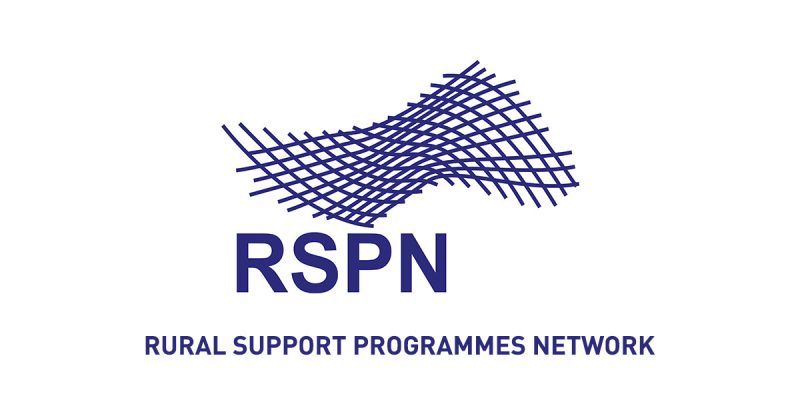 The Rural Support Programmes Network (RSPN) on Saturday held its ‘Annual National Convention’ with the theme: ‘Graduation Out of Poverty’ to take stock of and celebrate the progress of development initiatives undertaken and led by rural men and women leaders to root out poverty.
The Rural Support Programmes Network (RSPN) on Saturday held its ‘Annual National Convention’ with the theme: ‘Graduation Out of Poverty’ to take stock of and celebrate the progress of development initiatives undertaken and led by rural men and women leaders to root out poverty.
The event was attended by European Union Ambassador to Pakistan Jean-Francois Cautain, Sartaj Aziz, government officials from federal and provincial planning and development ministries, representatives of the UN, international organisations and members from across Pakistan.
Jean-Francois Cautain spoke about the urgent need for Pakistan to institutionalise inclusion of local communities and women (50% of Pakistan’s population) to reduce poverty in rural areas.
European Union has been a development partner of RSPN in mobilising rural communities, especially women, to foster their own institutions and demand essential public services.
Building upon the CDD approach of RSPs, the European Union in Pakistan is funding the Sindh Union Council and Community Economic Strengthening Support (SUCCESS) Programme in eight districts of Sindh province focusing on poverty reduction and women empowerment and funding the Balochistan Rural Development and Community Empowerment (BRACE) Programme for nine districts of Balochistan, in partnership with RSPs network.
The convention brought LSO members forth to speak about RSPs approach of social mobilisation and community development to help families graduate through poverty.
Shahjahan Iqra said that the number of poorest households in Shikarpur had decreased from 127 to 2 between the years 2009 and 2019.
Her own personal poverty score had improved to 32 from 10 as a result of RSPs helping her setting up a fish farming business, with an initial grant of Rs 5,000.
Similarly, Ayesha Bibi representing Community-Driven Local Development programme carried out by Sarhad RSP and the government of Khyber Pakhtunkhwa spoke about how women in her community had capitalised on olive farming to bring forth a variety of olive oil products to the market and generate household income. A representative from each province gave the audience a snapshot profile of all Community-Driven Development strategies that LSO networks were implementing in rural areas with provincial governments that were giving women and families a fighting chance at economic success through education, health, and infrastructure.
However, all speakers agreed that several challenges with regards to sustainability in local governance mechanisms still persisted that affect Pakistan’s progress on global goals. However, success stories emerging from the ground-up is a call for all governments to put in even greater effort to sustain the progress made so far.